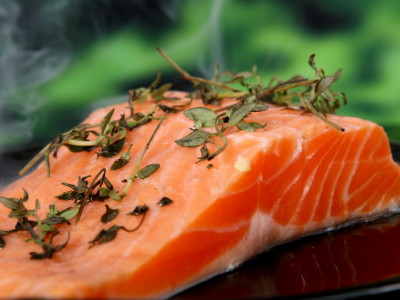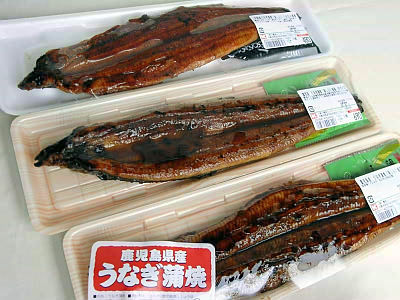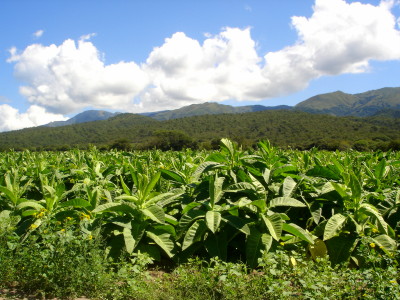Should I eat only three times a year? Risk of cultured salmon

Aquaculture salmon is cheaper than natural salmon,Ω-3 fatty acid(Omega-3 Shibo) is known to be rich in the benefits that are known, but in a crowded narrow farmPathogenThere are also many, water pollution has also been confirmed. Also, there seems to be many farmed salmon which is given a food mixed with dye so as to make your body healthy pink close to natural.
Analyzing the benefit of "the abundance of ω - 3 fatty acids" and the risk of "pollutants accumulated in the body" analyzed, "Natural salmon is healthier than farmed salmon, depending on the locality farmed salmon a year 3 It contains pollutants at a level that should be eaten only times or less. "
Details are as below.Wild Salmon Is Healthier Than Farmed
In the study by Cornell University, Illinois University, Indiana University, etc., the toxicity level of farmed salmon and natural salmon in various production areasPCBDioxins and chlorine insecticides) and the content of ω - 3 fatty acids,Risk-benefit analysisWe did. Thesis isJournal of NutritionIt is published in the magazine.
As a result, while the amount of ω - 3 fatty acids in cultured salmon is larger than that of natural salmon, the amount of pollutants is about 10 times higher than offsetting their benefits, researchers say "Opportunities to eat aquaculture salmon from Scotland, Norway and eastern Canada should be kept below 3 times a year (3 meals)I guess. Up to 3 to 6 farmed salmon in Maine, Washington State and West Canada and up to 6 times a year in Chilean aquaculture salmon should be a maximum. On the other hand,Shiitake mushroom(Commonly called "salmon" in Japan) can be said to be safe even once a week,BeanikeYaGinzakeAbout twice a month,King salmon(Masnosuke) is safe if it is less than once a month. "
As a method for easily discriminating cultivation and nature, "Atlantic salmon(Atlantic salmon) "are all sold as fish farming. Fish salmon fishing in the Atlantic Ocean due to the decline of wild populations is currently not commercially available, so it is hardly circulated to the market and in order to eat natural Thai salmon, fishing to the eastern Canada etc. in the season It seems necessary to go. On the other hand, all sold as "Alaskan salmon" is natural. As salmon farming is prohibited in Alaska, if aquaculture salmon is sold as "Alaska", it will be a production area forged.
In Japan it seems that it is obligatory to indicate "farming" when fresh fish and shellfish is cultured. In the case of processed foods, it is outside the scope of labeling obligation, but if it is natural it will display as good as the appealing point in a retail shop, so if it is written as "natural" it is natural, if not written, cultured It seems to be thoughtful.
Related Posts:
in Food, Posted by darkhorse_log







